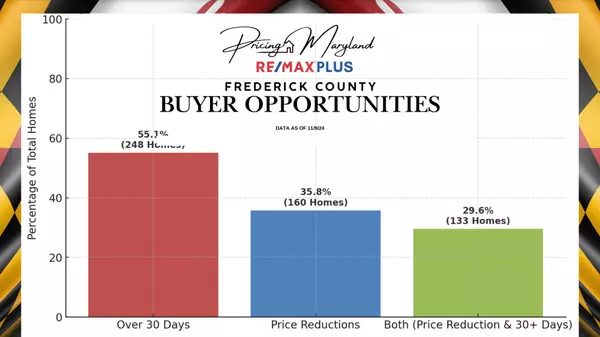Home Warranties: What You Need to Know Before Buying or Selling a Home

Homeownership is exciting, but it comes with its fair share of unexpected expenses. From a furnace that quits in the middle of winter to a refrigerator that suddenly stops cooling, surprise repairs can strain your budget and your patience. That’s why home warranties are often a hot topic for buyers, sellers, and even long-time homeowners.
In this blog, we’ll cover everything you need to know about home warranties—how they work, what they cover, and why they might be a smart move for you.
What is a Home Warranty?
A home warranty is a service contract designed to cover the repair or replacement of major home systems and appliances that fail due to normal wear and tear. Think of it as a safety net for things that aren’t covered by homeowners insurance.
What Does a Home Warranty Typically Cover?
- Major systems: HVAC (heating and cooling), electrical, plumbing, water heaters.
- Appliances: Refrigerators, ovens, dishwashers, washers, and dryers.
- Optional coverage: Pools, spas, well pumps, or septic systems (depending on the plan).
Coverage varies by provider and plan, so it’s essential to read the fine print. Some warranties have limits on what they’ll pay out for certain items, and not everything is automatically included.
How Does a Home Warranty Work?
Here’s a quick overview:
- File a claim. If something breaks, you call your warranty provider or file a claim online.
- Schedule a repair. The provider sends a licensed technician to assess and fix the problem.
- Pay the service fee. Most home warranties require a small service fee (typically $75–$125) for each repair visit.
It’s worth noting that home warranties don’t cover pre-existing issues or damage caused by improper maintenance. They’re designed to handle normal wear and tear, not neglect or misuse.
Why Home Warranties Make Sense for Buyers
If you’re buying a home, especially an older one, a home warranty can provide peace of mind during your first year of ownership. Moving into a new house is expensive enough without having to replace a water heater or fix a broken air conditioner.
Key Benefits for Buyers:
- Financial protection: Covers costly repairs or replacements for major systems and appliances.
- Convenience: One phone call to the warranty provider saves you from searching for contractors.
- Peace of mind: You can focus on enjoying your new home instead of worrying about what might break next.
Why Sellers Should Offer a Home Warranty
If you’re selling your home, offering a home warranty to potential buyers can be a powerful incentive. It reassures buyers that they’re protected if something goes wrong after closing—and it can even help you sell your home faster.
Key Benefits for Sellers:
- Increased buyer confidence: Buyers feel more secure knowing major systems and appliances are covered.
- Competitive edge: Including a home warranty can make your listing stand out.
- Fewer post-sale headaches: If something breaks after the sale, the warranty takes care of it, reducing the chance of disputes.
- Covers the seller during the listing period: Some home warranties offer coverage while your home is on the market, which means if something breaks before you sell, you’re also protected.
Are Home Warranties Worth It for Current Homeowners?
Even if you’re not buying or selling, a home warranty can still be valuable—especially if you live in an older home with aging systems and appliances.
For example, the average cost to replace a furnace is $4,700, while replacing an air conditioning unit can set you back $5,000 or more. With a home warranty, you’d pay only the service fee and potentially a small percentage of the repair or replacement cost, depending on the plan.
Choosing the Right Home Warranty
Not all home warranties are created equal. Here are some tips to help you pick the right one:
- Compare providers: Research reputable companies and read reviews to ensure they have good customer service.
- Understand coverage limits: Check for payout caps or exclusions in the contract.
- Know the service fees: Look for a plan with a reasonable service fee that fits your budget.
- Ask about response time: Find out how quickly they dispatch technicians when a claim is filed.
Popular home warranty providers include Cinch Home Services and American Home Shield, but there are many others to consider.
The Bottom Line
A home warranty isn’t a one-size-fits-all solution, but it can be a lifesaver in the right circumstances. For buyers, it provides peace of mind. For sellers, it’s a way to make your home more attractive to potential buyers. And for current homeowners, it’s a safety net for unexpected repairs.
If you’re considering buying or selling a home—or just want to learn more about how a home warranty might fit into your plans—let’s chat! I’m here to guide you through the process and help you make the best decision for your situation.
Ready to get started? Let’s connect today!
Recent Posts












